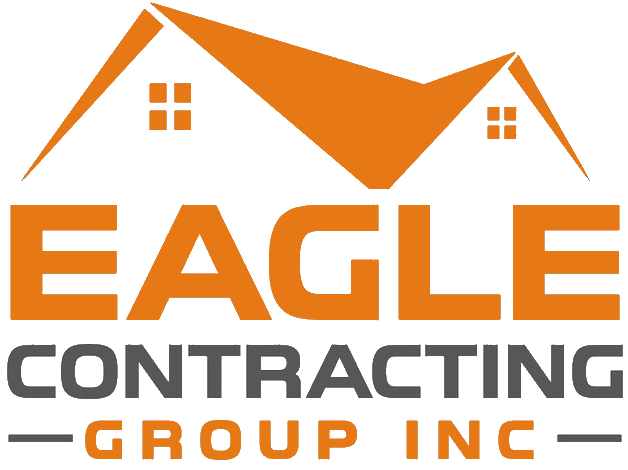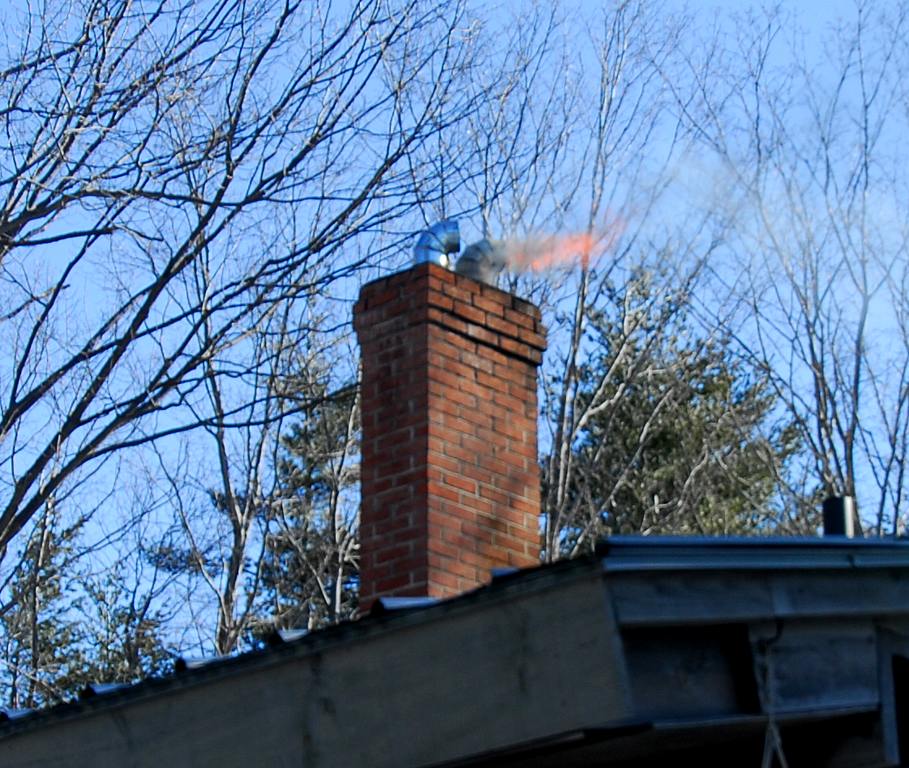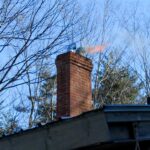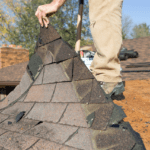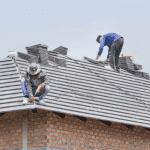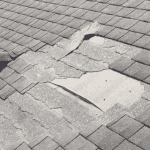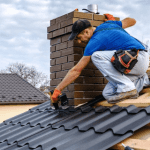A cozy fireplace is a quintessential element of many homes, providing warmth on cold winter nights and creating a delightful ambiance. However, a fireplace, especially one with a chimney, comes with its own set of responsibilities and potential hazards. Chimney fires pose a genuine threat and can turn a cozy evening into a disaster. To keep your home and loved ones safe, it’s essential to be proactive in preventing chimney fires and addressing potential repairs. In this article, we will explore the causes and dangers of chimney fires, providing you with a comprehensive guide on both chimney fire prevention and repair.
Understanding Chimney Fires
Chimney fires are a type of home fire that occurs within the chimney structure, often resulting from the buildup of flammable materials, such as creosote. Creosote, a highly combustible substance formed during the burning of wood, particularly softwoods, can accumulate as a sticky, tar-like residue on the inner walls of the chimney.
The key factors contributing to chimney fires include:
Creosote Buildup: As mentioned earlier, creosote accumulates in the chimney over time and, when significant, can ignite, causing a chimney fire.
High Temperatures: Extremely high temperatures in the chimney, often exceeding 2,000 degrees Fahrenheit during a fire, can lead to the ignition of creosote.
Improper Maintenance: Neglecting regular chimney maintenance, such as cleaning and inspections, can allow creosote buildup to go unchecked, increasing the risk of a fire.
Burning Inappropriate Materials: Burning materials other than seasoned hardwood can increase creosote buildup and the likelihood of a chimney fire.
The dangers of chimney fires extend beyond the chimney itself. When a chimney fire occurs, it can quickly spread to the rest of the house, resulting in extensive damage, injury, and even loss of life. Furthermore, chimney fires can be challenging to extinguish once they start, burning at high temperatures and often going unnoticed until they spread to the structure of the house.
Preventing Chimney Fires
Preventing chimney fires is crucial for the safety of your home and family. Here are some tips to help you reduce the risk of chimney fires:
Regular Chimney Inspections:
Schedule annual chimney inspections with a certified chimney sweep who can detect and address issues that could lead to chimney fires, including creosote buildup, obstructions, cracks, and other potential hazards.
Clean the Chimney:
Regular chimney cleaning is essential to remove creosote and other debris that accumulates over time. For frequent fireplace users, consider having it cleaned more than once a year. Professional chimney sweeps have the necessary equipment and expertise for a thorough cleaning.
Use the Right Wood:
Burn only seasoned hardwood in your fireplace, as seasoned wood has lower moisture content, reducing creosote production. Avoid burning softwoods like pine, known for producing more creosote.
Install a Chimney Cap:
A chimney cap can prevent debris, animals, and rain from entering your chimney. It also helps reduce the risk of chimney fires by preventing sparks from escaping and potentially igniting nearby flammable materials.
Maintain Proper Airflow:
Ensure proper airflow for complete combustion and minimal creosote buildup. Use the damper correctly, and for wood-burning stoves, follow the manufacturer’s guidelines for air intake settings.
Monitor Temperature:
Invest in a chimney temperature gauge to monitor chimney temperature. If it gets excessively hot, it’s a sign that creosote may be igniting, prompting you to extinguish the fire and call a professional chimney sweep.
Dispose of Ashes Safely:
Store ashes in a metal container with a tight-fitting lid, keeping it at a safe distance from your home. Never dispose of ashes in a cardboard box or plastic container, as they can combust.
Install Spark Arresters:
Place a mesh screen, known as a spark arrester, at the top of your chimney or stovepipe to prevent sparks from escaping. This simple device significantly reduces the risk of chimney fires.
Be Cautious with Fire Starters:
When starting a fire, avoid using flammable liquids like gasoline or kerosene. Instead, use proper fire starters, kindling, or newspaper for a safe ignition.
Educate Your Household:
Ensure everyone in your household is aware of the dangers of chimney fires and knows how to respond in case of an emergency. Having a fire extinguisher nearby and an evacuation plan can be lifesaving.
Signs of a Chimney Fire
It’s crucial to recognize the signs of a chimney fire for immediate action. Common signs include:
- A loud cracking or popping sound from the chimney.
- Dense, dark smoke emanating from the chimney.
- Flames or sparks shooting out of the chimney or stovepipe.
- Vibrations or a rumbling sound within the chimney.
If you notice any of these signs:
- Close the damper to limit the oxygen supply to the fire.
- Call the fire department immediately.
- Evacuate your home and ensure everyone’s safety.
- Wait for professionals to assess and extinguish the fire.
Chimney Repair: Ensuring Long-Term Safety
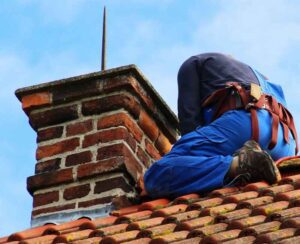
Timely Repairs:
If your chimney sweep identifies any issues during inspections, address them promptly. A timely chimney repair prevents potential hazards and ensures the longevity of your chimney.
Masonry Repairs:
Address any cracks or damage to the chimney’s masonry. Cracks can allow moisture to penetrate, leading to more significant issues over time.
Chimney Liner Inspection:
Check the condition of your chimney liner. If damaged, consider repairing or replacing it. The liner is crucial for the safe passage of gases produced by combustion.
Flue Repairs:
Repair any damage to the flue, which is vital for the proper functioning of the chimney. A damaged flue can compromise the efficiency and safety of your fireplace.
Cap and Crown Repairs:
Inspect the chimney cap and crown for damage. These components protect the chimney from moisture and debris. Prompt repairs prevent water damage and extend the life of your chimney.
Professional Assistance:
Engage the services of a professional chimney repair specialist for complex issues. They have the expertise to identify and address intricate problems, ensuring the safety and functionality of your chimney.
Conclusion
Chimney fires are a serious threat to your home and safety, emphasizing the importance of both prevention and timely repairs. Regular chimney inspections, cleaning, and responsible fireplace use are key to minimizing the risk of these dangerous fires. Educate yourself and your family about chimney fire prevention and emergency procedures, ensuring everyone is prepared to respond in case of an emergency. By taking these precautions and addressing necessary repairs promptly, you can enjoy the warmth and comfort of your fireplace while ensuring a safer home for everyone. Don’t underestimate the importance of chimney fire prevention and repair; they could be lifesavers when it matters most.
For more information on chimney fire prevention,contact Eagle Contracting Group at (914) 618-3662
